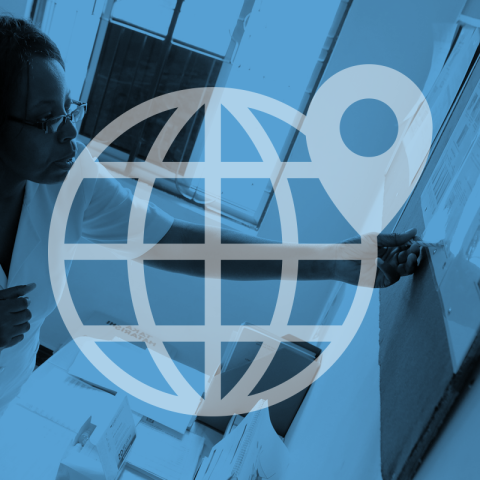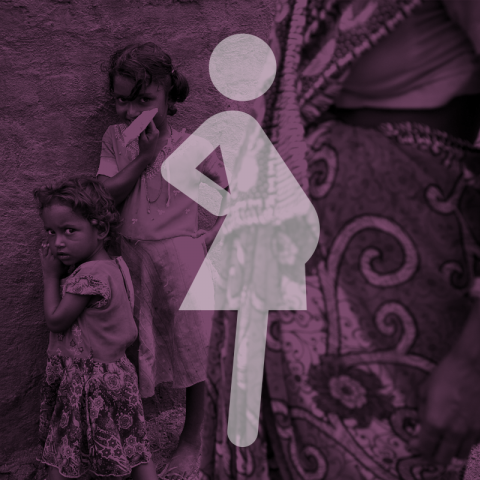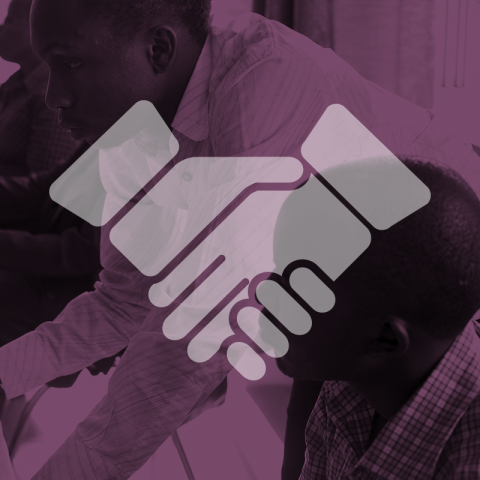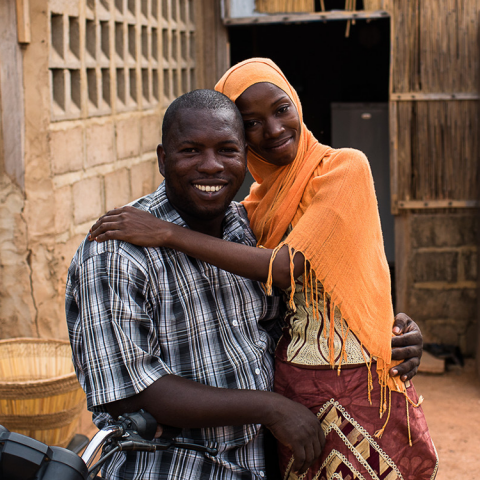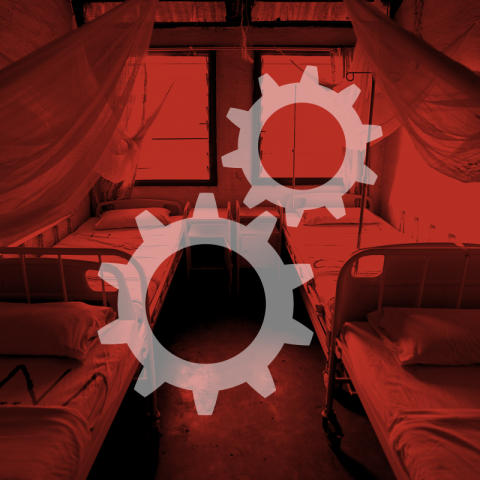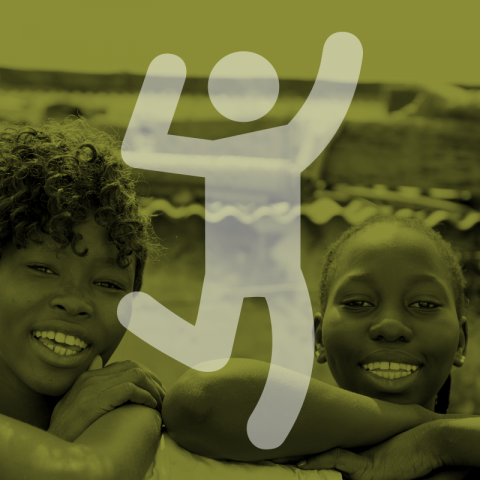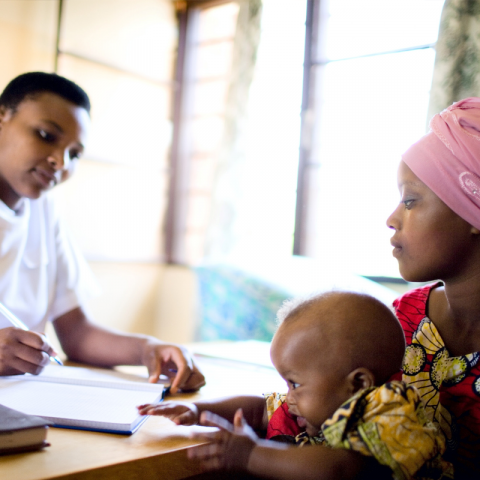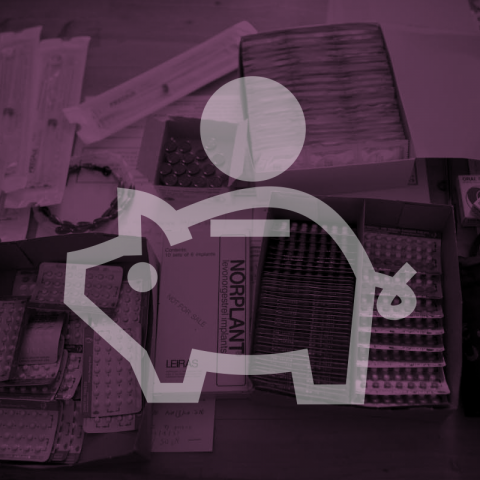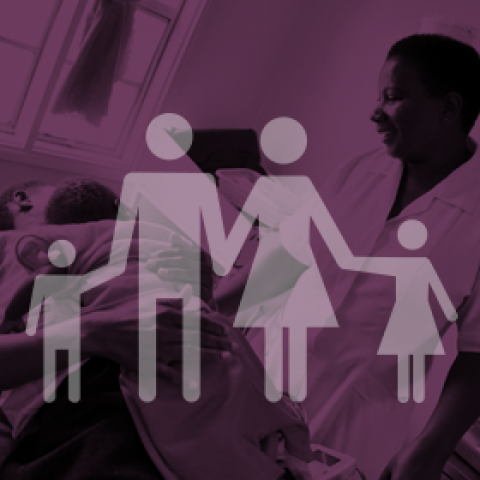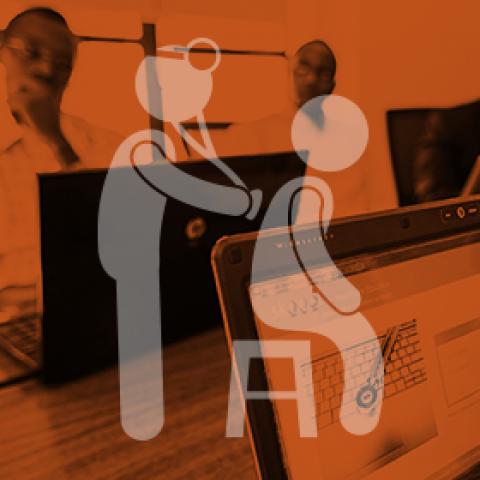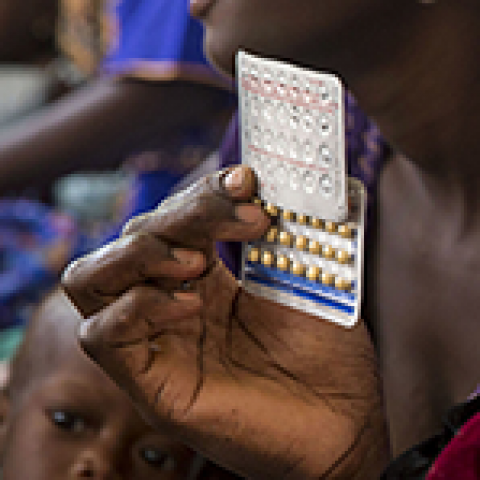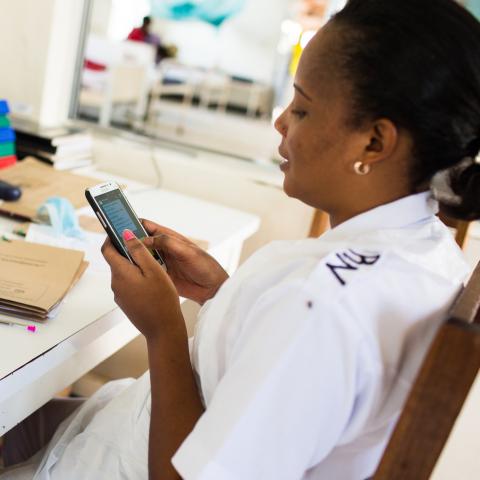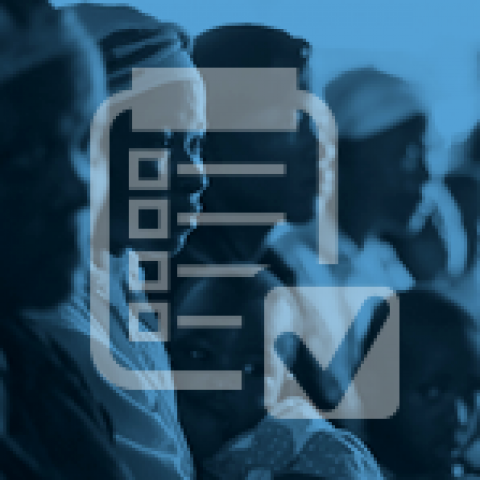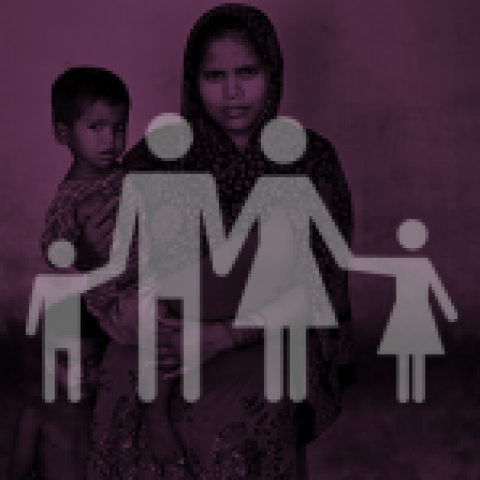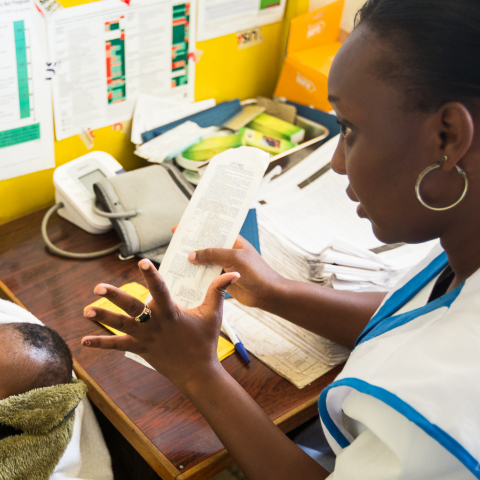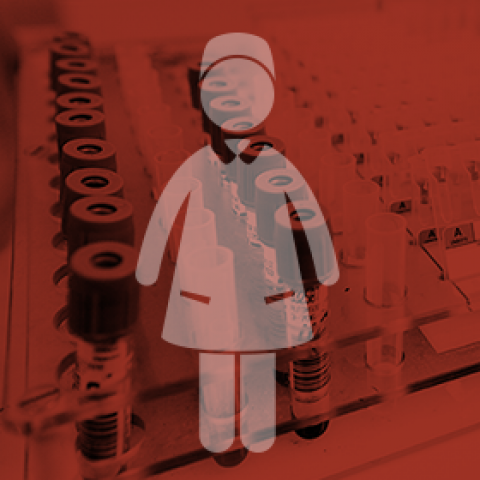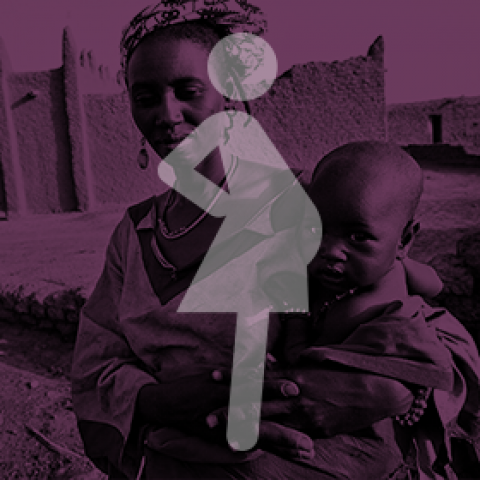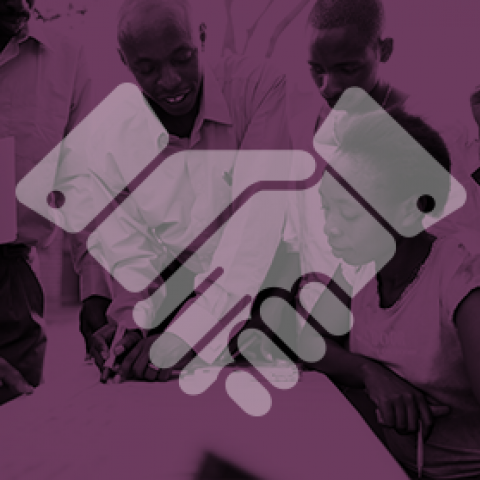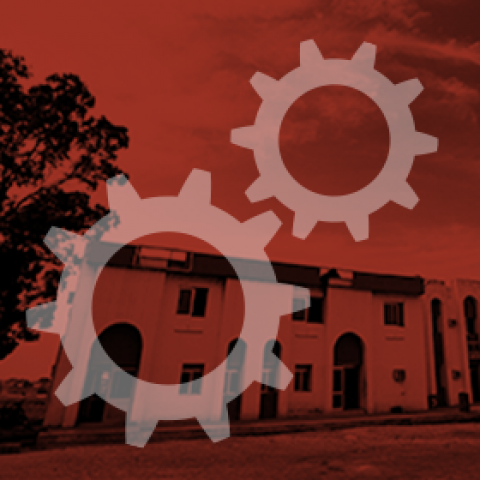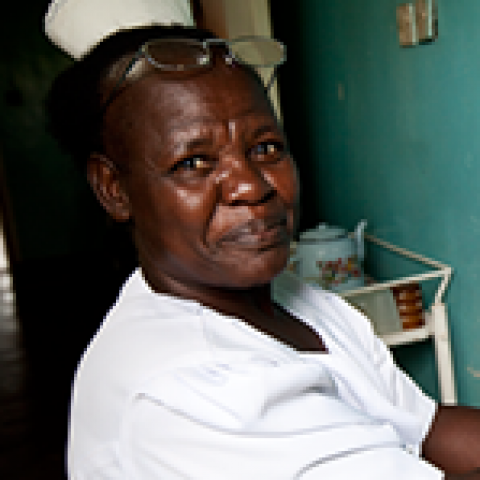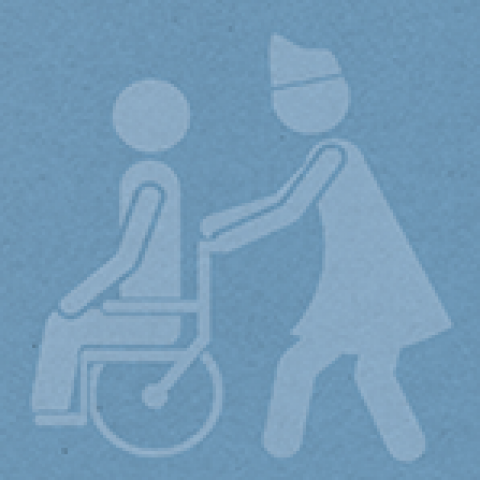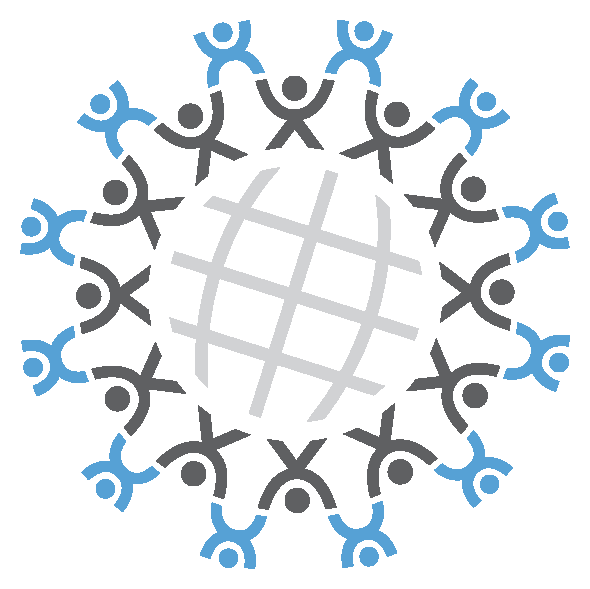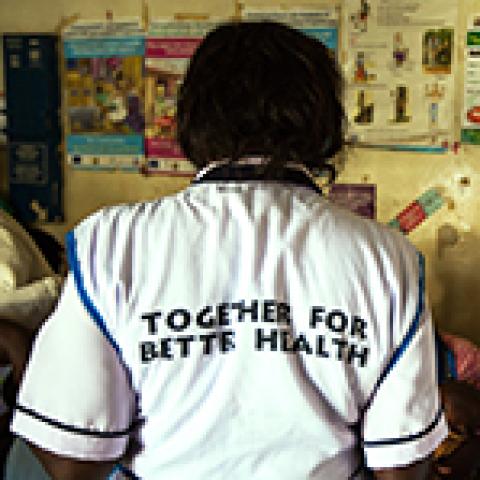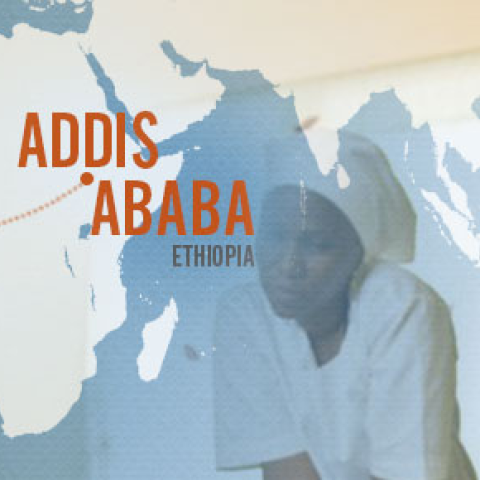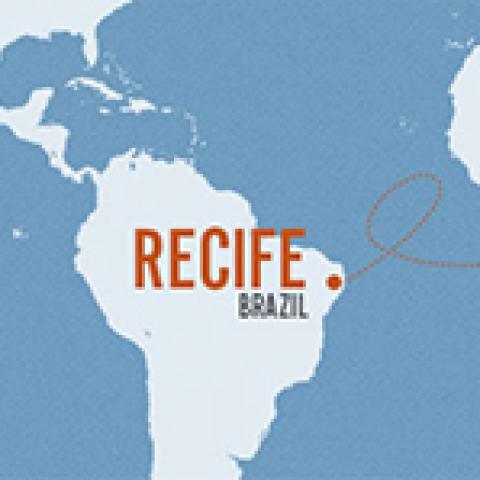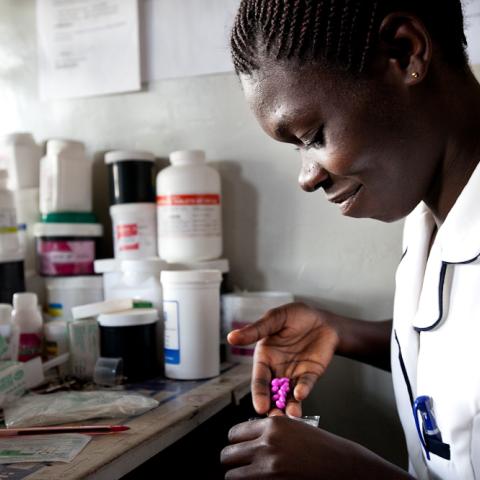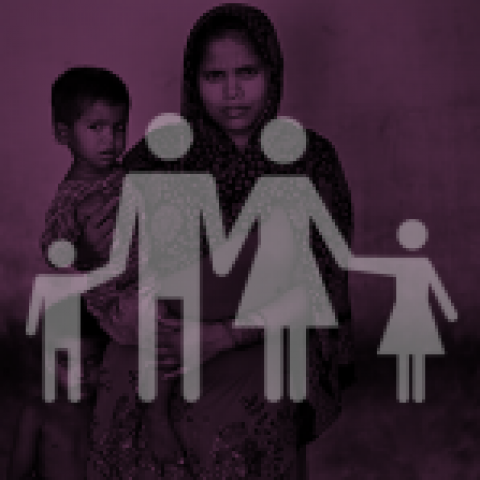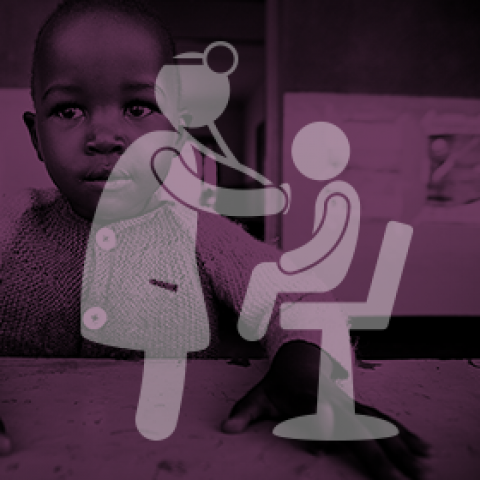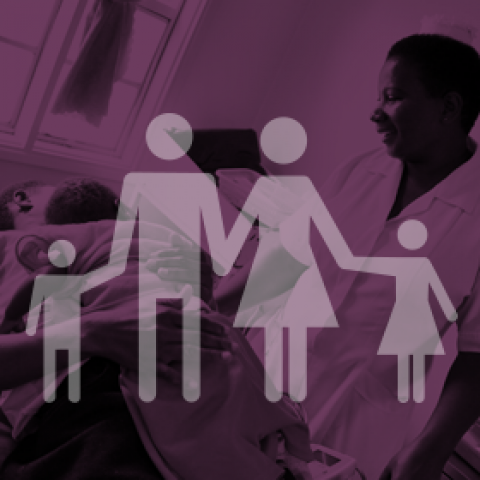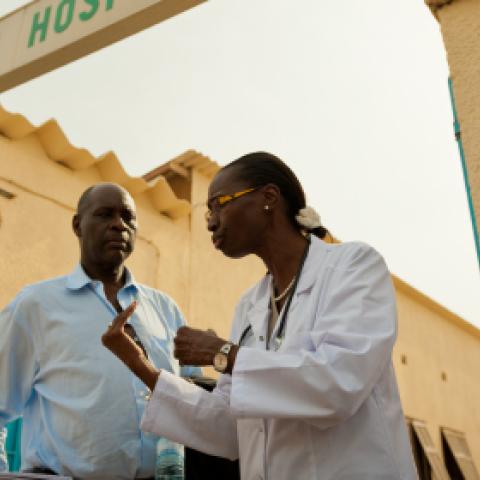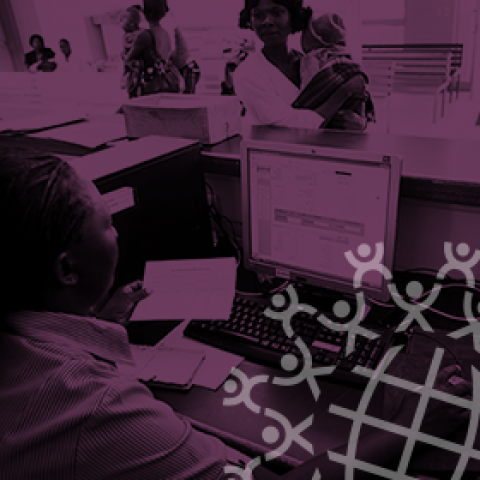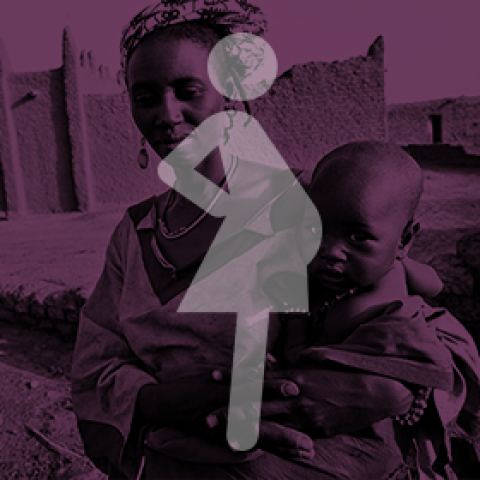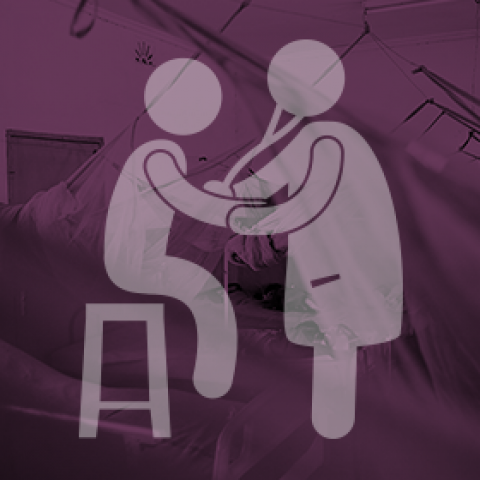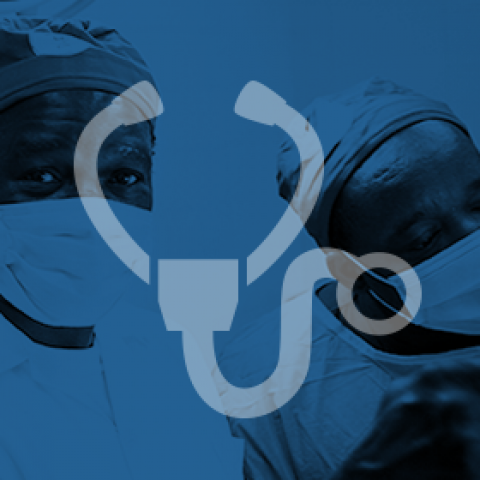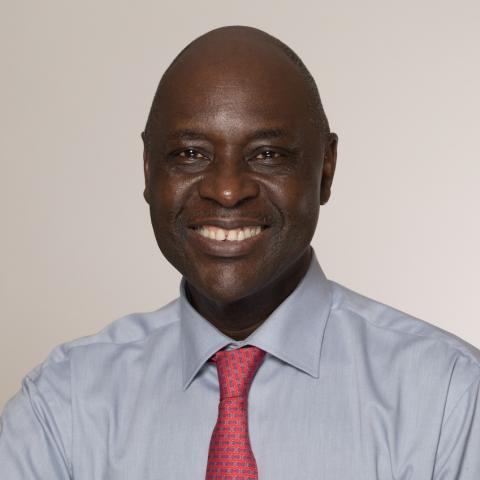
Pape Amadou Gaye
Board member
Pape Gaye is a native of Senegal and a lifelong advocate for health workers, strong health systems, and access to health care for all. He founded the Baobab Institute for Health and Development based in Senegal to focus on strengthening local nonprofits.
During his time as president and CEO of IntraHealth International, the organization made human resources for health a crucial part of the worldwide conversation on global health. In the United States, his testimony on Capitol Hill during a 2014 Ebola-focused congressional hearing brought the role of frontline health workers to the fore. As a panelist during the White House Global Summit in July 2016, he urged the incoming US president to focus on international aid and human resources for health as powerful investments in our shared future.
Partnership, Gaye believes, is essential. He forges strong collaborative relationships with diverse stakeholders—from ministries of health to private-sector partners to local health workers—to meet the enormous health challenges we face in low- and middle-income countries.
Gaye began his career with the US Peace Corps, and went on to work with the 1984 Los Angeles Olympic Committee and the US Centers for Disease Control and Prevention. Before his appointment as CEO at IntraHealth, he led the organization’s regional office for West, Central, and North Africa.
Gaye holds a master’s degree in business administration from the University of California at Los Angeles. His board and advisory services include the Duke University’s Global Health Institute (DGHI), InterAction, the Global Health Council (GHC), the Population Council, and the Baobab Institute in Senegal.
VITAL
Five Hurdles to Localizing Global Development—and How NGOs Can Help Overcome Them
It's time we transform our outdated approach.
We Must Keep Maternal Health Front and Center of the UHC Conversation
This piece originally appeared on Devex.
The Lancet recently reported that if high-quality health systems were in place in 137 low- and middle-income countries, maternal deaths would decline by half...
The Roadblocks to Universal Health Coverage and How NGOs Can Help Remove Them
There are two big things holding us back.
Contraception Is about Partnerships—in More Ways than One
To make family planning work for young people, we need to look at the bigger picture.
Stronger Health Systems Can Provide Palestinians with Better Health Care
Improvements can help Palestinians access better health care today—and prepare for the unknowns of tomorrow.
1.2 Billion Reasons Why Countries Must Empower Young People to Plan the Future
A tidal wave of youth is fast approaching the shores of adult society. It’s time to ensure they are part of the global conversation.
Good Health Care for Africa Depends on Health Workers and Good Governance
Countries need good health governance at all levels.
How the Diplomatic Community Can Help Solve the Health Workforce Crisis
Pape Gaye offers five steps diplomats can take to help more countries invest in health.
Five Investments Countries Can Make for Healthier People and Economies
By pooling our resources and know-how, we can help solve the health workforce crisis—and build stronger economies.
The Future of Health Financing
We’re working toward universal health coverage and unprecedented options for health care worldwide. But how will we afford it?
A Global Health Memo to the Next US President
It’s time for a new generation of aid, one that reflects the complexity of the disparate but intertwined challenges before us.
On World Population Day, Let's Do More for the World
The U.S. contribution to family planning programs represents less than one cheeseburger per American per year. We can do better.
3 Issues We Can’t Ignore If We’re Going to Solve the Health Workforce Crisis
Diseases aren’t the only major threats to global health today.
5 Reasons Senegal Is Ahead of its Neighbors on Family Planning and HIV
How is it that, in a region that has lagged behind in the global health advances of the past 30 years, one country stands out?
“Mobilizing” the Global Community Workforce for Resilient Primary Health Systems
The role of ICT in creating resilient systems is profound, but we have yet to scratch the surface of possibilities.
What Works and What's Missing in the New Global Goals
The new SDGs cover just about everything. But a few key elements are missing. What will it take to fill in the gaps?
Let's Not Be Squeamish About Family Planning's Fiscal Benefits
Contraception makes health sense and financial sense. Now is the time to make sure countries are ready to take advantage of it.
Will This Be Our Decade of Data Use?
Should we continue rushing headlong into developing fancy new gadgets and software? Or should we organize the data we’ve collected and use them to scale up solutions we know work?
Five Big Questions for the Future of Global Family Planning
For less than the cost of a cheeseburger per American per year, we could reduce population growth by 500 million. What's the holdup?
Sustainable Development in Global Health
Within the global health and development ecosystem, the health workforce is the keystone of sustainable development. Now is the time to make health workers a priority.
Let’s Eradicate Obstetric Fistula and Restore Dignity for Women
We don’t hear much about fistula here in North Carolina. But many women across sub-Saharan Africa and Asia know it all too well.
289,000 Reasons Why Health Workers Count for Mothers
Stronger global health systems mean better health care for women, and stronger, healthier families everywhere.Namibian Leaders Determined to Address Country’s Health Disparities
IntraHealth Namibia is working hard to bring high-quality care to 2.3 million Namibians, all by focusing on health workers.
Three Things We Know about Family Planning—and Why We Don’t Talk About One of Them
Plenty of obstacles stand in the way of health workers who provide contraception to their clients. And personal bias is one of them.
In the Ongoing Ebola Crisis, Emergency Aid Is Not Enough
Whenever we provide aid, we must ask ourselves: How can we make a positive impact not only today, but for years to come?
Five Big Questions on the Future of Global Health
What's the biggest global health innovation happening right now? What changes will we see in the next five years? Pape Gaye and other global health leaders answer this and more.
As the Country’s Newest Innovation Hub, NC Must Stay Ahead of the Curve in Global Health
Join us at SwitchPoint to show the world why North Carolina deserves to be called a hub for innovation.
Five Key Steps to Making the Health Workforce a Post-MDG Priority
Let’s make sure our next set of global commitments is sustainable by putting health workers at the center.
Human Resources for Health: Shifting the Paradigm
Pape Gaye answers 8 questions about what we've accomplished so far—and where we're going from here.
Can We Put Aside Our Differences for Universal Health Coverage?
It’ll take more than a village. In fact, it’ll take a whole lot of networked villages, all working together.Letter to the Editor: From Recife to Addis Ababa
We can't make reproductive health services fully accessible without taking on the global health workforce crisis, says Pape Gaye in a new letter featured in Addis Fortune.
Why Countries in the Global South Must Learn from One Another
More than ever before in history, our world’s population is young, urban, and on the move. And our health needs are changing.
On the Rocky Road to Universal Health Coverage
This November, the global health community’s eyes should be on two major gatherings in Brazil and Ethiopia.
A Growing Movement to Solve the Frontline Health Workforce Crises
The REAL awards are part of a movement to solve one of the largest hurdles in global health.U.S. Investments in Foreign Aid Provide a Healthy Return
What if you could take a fraction of a penny and use it to help train a global health workforce?Our Commitment to the Kenyan Health Worker
Many health workers have a dream of offering high-quality services, but no way of doing their work well because they lack basic supplies or training.Frontline Workers Can Provide High-Touch Solutions to the Family Planning Conundrum
This weekend I returned from a long period of travel, having visited programs in eight countries in six weeks—some where I have lived, others where IntraHealth has had a significant commitment in partnership with the local government and communities, and still more where I feel I have spent so much time visiting over the past 25 years that I have come to feel at home.Health Workers Are Change Agents
The shortage of health workers around the world is estimated at over 4 million, and 57 countries are experiencing a critical shortage, defined as having fewer than 2.3 doctors, nurses or midwives per 1,000 population.The Changing Landscape of International Development: The Turbulent Journey Ahead
I recently had the honor of co-chairing InterAction Forum 2012 along with Carolyn Miles of Save the Children. This year’s Forum brought more than 1,000 representatives of InterAction’s member...
Working Differently: An Invitation from Pape Gaye to SwitchPoint
It is fundamental that international NGOs and development practitioners start to work differently, and that is what SwitchPoint is all about.Accelerating Family Planning Momentum: What I Am Hearing from Leadership
Earlier this month, during the Dakar International Family Planning Conference, the President of Senegal, Mr. Abdoulaye Wade, took a bold and unprecedented stance in his address in the opening ceremony of the conference saying, “Senegalese families should limit the number of children to better battle poverty.”Family Planning in West Africa: Courage and Conviction Can Make the Difference
As someone who has worked in this field for over 25 years, it is with mixed emotions that I prepare for the International Family Planning Conference in Dakar later this month.Honoring Fred Sai, a Relentless Champion
As our community prepares for the International Family Planning Conference in Dakar, Senegal, later this month, we at IntraHealth International salute Professor Sai’s achievements and congratulate him on his latest award.Partnership for Change: the Seventh Annual Clinton Global Initiative
Last month, I attended the 7th annual Clinton Global Initiative (CGI) meeting. IntraHealth International was offered a complimentary membership for this year based on the increased interest and attention to the area of human resources for health among the global development community and our work to support the health worker in that space.South Sudan: “Transforming from Zero” the Nation, the Health System, the Health Workforce
Over the weekend, the world’s newest nation was born. South Sudan celebrated independence as Africa’s 54th nation state and the United Nations 193rd member.Technology, Innovation, and Young People: the Future of Global Health
Innovation, technology, and young people have been at the forefront of my mind lately.
It started with my engagement with the many talented students last month at the Clinton Global Initiative...
An Imperative to Act: Family Planning in West Africa
Earlier this month, I was in Ouagadougou, Burkina Faso with delegates from eight French-speaking West African countries* for the conference, “Family Planning in the context of Population and Development: the Urgency to Act.”Reconvening Hope for the Future of the Health Workforce
I want to write from Bangkok about why I am excited and hopeful about the future of the global health workforce.News from Indonesia: A Bold Vision for Driving the Reproductive Health Global Agenda
Recently, I was in Indonesia for the International Conference on Promoting Family Planning and Maternal Health for Poverty Alleviation.I know that most of us working in reproductive health, especially family planning, fervently agree that ensuring universal access to care and services needs additional resources and attention.Demanding Accountability: Key for Continuing Gains in Maternal Health
I’m really pleased to hear discussion here in Delhi at the Global Maternal Health Conference about our collective accountability. For the past several decades, we have lamented the fact that half a million women’s lives were lost every year to pregnancy-related causes.
Training Health Workers: We Need Practical and Long-Term Solutions
This month’s Health Affairs issue “Lessons from Around the World” highlights some of the most pressing issues in health systems strengthening and human resources for health.Looking Back, Looking Forward: The Resilience of Health Workers in the Face of HIV/AIDS
HIV/AIDS is the health crisis that truly galvanized international attention. But it wasn’t always this way.Global Health Solutions Begin with Health Workers
Health workers—community health educators, medical assistants, nurses, midwives, doctors, and others are key to improving people’s lives.Welcome to IntraHealth's Global Health Blog
Welcome to IntraHealth’s Global Health Blog, a space for open discussion on the major issues facing the global health community. We will be sharing perspectives from the field, with a focus on the...





